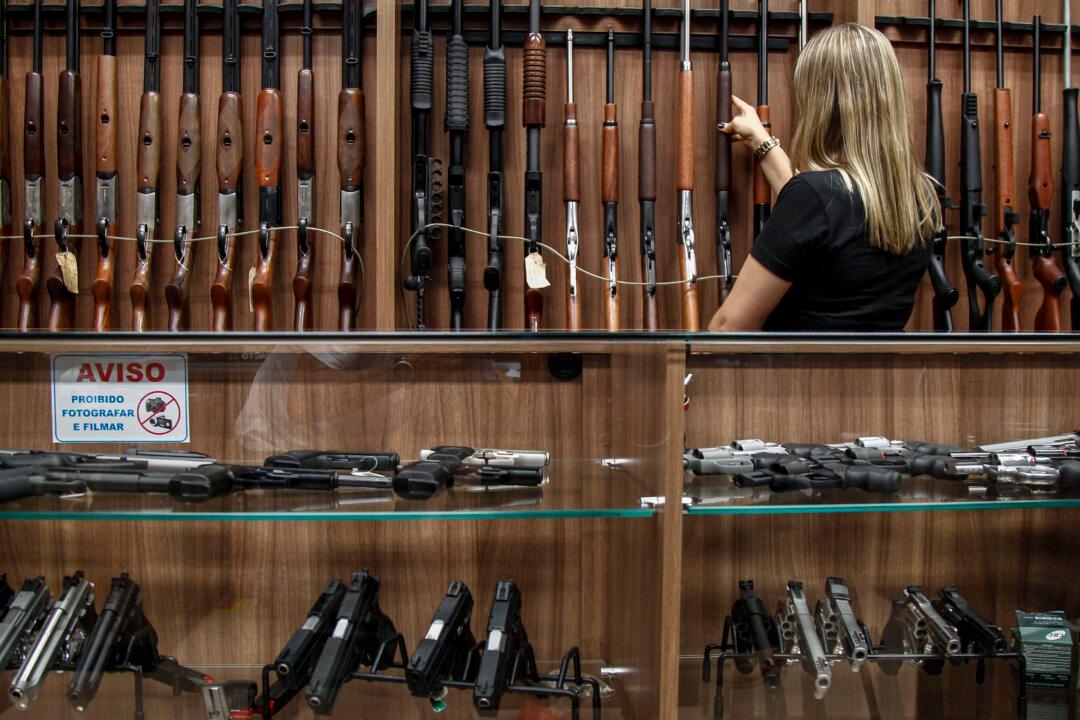News Analysis
RECIFE, Brazil—Touted as the solution to the problem of violence, gun control was one of the main anti-crime programs instituted in Brazil by previous governments.

RECIFE, Brazil—Touted as the solution to the problem of violence, gun control was one of the main anti-crime programs instituted in Brazil by previous governments.